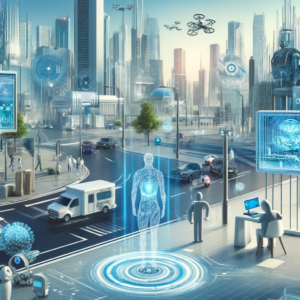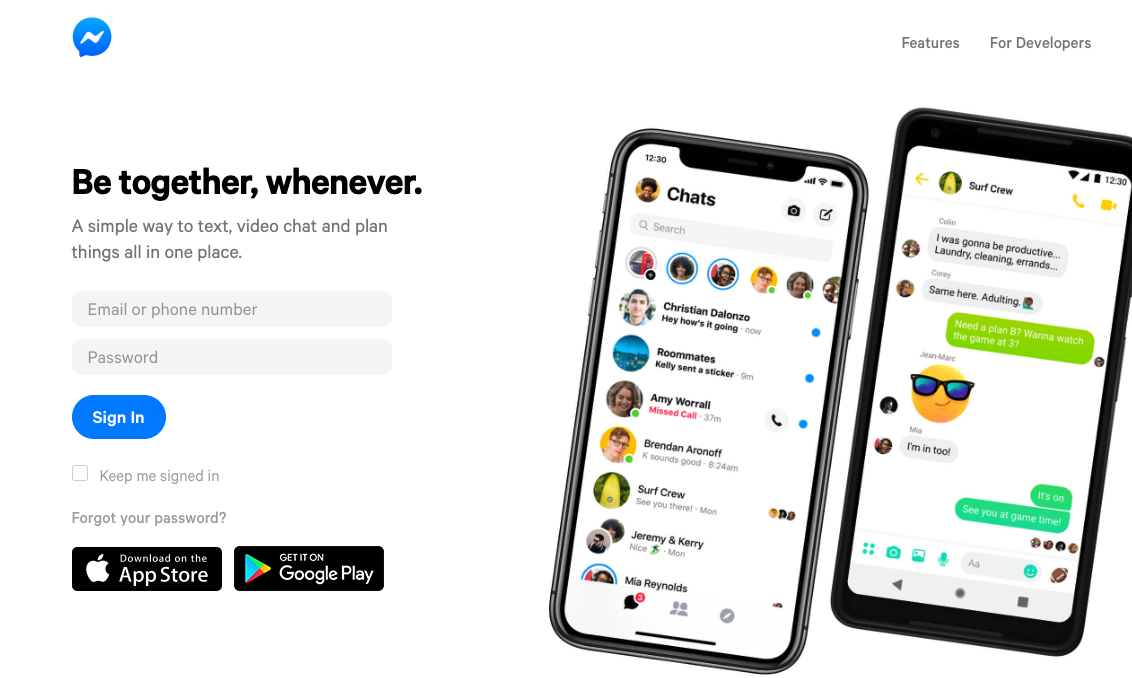Introduction

Disclaimer: All the opinions here are my own and I am not calling out anyone in particular but sharing my observations. I am not a leader, teacher or influencer and nor do I want to become one. I am happy to have a conversation on this topic or anyother that I have skills and experience if anyone is interested
As the internet matured and people started networking online more than in person via chat and email, it created a need for professionals for a platform where they could network, share ideas, have conversations, and advance their careers. Sort of like the old bulletin boards and usenet chat groups, but better. See, the usenets were good and actually useful and have actually hosted very stimulating conversations, but they were not very accessible to peole who were not comfortable finding their way around computers, internet, networking, and such. Remember that during that time, the internet was not as ubiquitous as it is today. As the World Wide Web (WWW) grew and became more and more user friendly and accessible (thank you Tim Berners-Lee), it started changing how people connected with each other. Social life moved from community centers and friends' living rooms to online giving rise to social media.
As a regular user of LinkedIn, I've noticed a shift in its value proposition over time. What began as a powerful platform for professional networking and idea-sharing now feels cluttered with superficial advice and over-inflated thought leadership.
Rise of LinkedIn
Amid the rise of social media platforms like Orkut, Google One, Facebook, Myspace, et al, there was a new kid on the block called LinkedIn which aimed at serving a very specific need of creating a platform for professionals to connect, network, share ideas, and grow their career. It opened up the doors for people to cross geographical boundaries to collaborate and search for their dream job or next big idea. It started as a "free" platform where the only entry fee was the users' information that LinkedIn could harvest and sell to earn money. It created a furore in the community, but Reid Hoffman - the founder of LinkedIn is famously known to dismiss the privacy concerns with the quote:
The value of being connected and transparent is so high that the roadbumps of privacy issues are much lower in actual experience than people’s fears.
As long as it was free, it was OK. The users knew what they were getting into and the platform itself fostered fantastic conversations and ideas. It also opened up the labor marketplace and provided unprecedented access to companies to a diverse workforce and at times cut out the middleman.
While LinkedIn started with a clear focus on professional networking, the platform has since evolved in ways that stray from this original vision.
Problems with LinkedIn Today
As the adoption of LinkedIn grew and the platform also evolved and created tiers of membership promising privacy in exchange for a monthly subscription fee. As the number of users grew, it started occurring to the members that they need to differentiate themselves from the rest and demonstrate thought leadership. What more could one ask than thought leadership and brilliant ideas, right?
Wrong! To show that they are different, leaders, and growth agents everyone started posting management lessons, work lessons, life lessons, and everything in between. You cannot spend five minutes on LinkedIn without someone telling you how you are doing everything wrong and how to improve your work life balance, manage your manager or some such things.
It also gave rise to the Influencers. I have some strong thoughts about it which I have discussed earlier. Look, I have nothing against people sharing advice and life lessons. Sometimes it helps. It also doesn't help that people share some click-bait style videos that trigger ASMR (autonomous sensory meridian response) in order to get impressions and views. My problem is that it becomes the only thing that we start seeing on the platform.
India won a cricket match, life lessons, India lost a cricket match, life lessons, someone famous died, life and management lessons, a new movie is released, life lessons. I mean, for God's sake, enjoy the event, pay your respects to the departed and grieve, why is everyone bent on teaching everyone else? When everyone is a teacher, then who's the student? It seems like LinkedIn is becoming a platform where every major event — whether it's a cricket match, a celebrity's death, or a new movie—sparks a wave of 'lessons learned' posts. The original spirit of meaningful networking and idea-sharing is diluted by superficial advice that often feels forced.
Privacy and Monetization
I recently changed my job. I didn't update my LinkedIn for some time and was seriously considering not updating. But then I gave in and updated it. LinkedIn asked me to verify my new work email address to gain more insights which I naively did. What I didn't realize that it was more about selling my email address to marketers than to provide me more insights. Of course, I started seeing posts from the new workplace that were not visible to me before, but I also started getting emails from product companies which might not be relevant to me. To be fair, I am not complaining that my address was sold (See the quote above from Mr. Hoffman about privacy) but the pretext under which my email address was obtained was questionable.
And oh! I am yet to see any meaningful conversation on LinkedIn that is being used to build something meaningful.
Conclusion:
A platform like LinkedIn is really powerful and has great potential in building great products and services for the people. If only people would stop teaching all the time and actually start thinking about what is important and solve some of the key problems, I think LinkedIn would actually become an Influencer. If not, it will soon become (if it has not already) the facebook of professionals where nothing meaningful can be found and it is just another way of wasting time with doomscrolling.
LinkedIn has the potential to return to its roots as a platform for meaningful professional exchange. To do so, it must encourage real dialogue and thought leadership rather than enabling a culture of performative advice. If it can shift its focus back to fostering genuine connections, it could avoid becoming the "Facebook of professionals".










